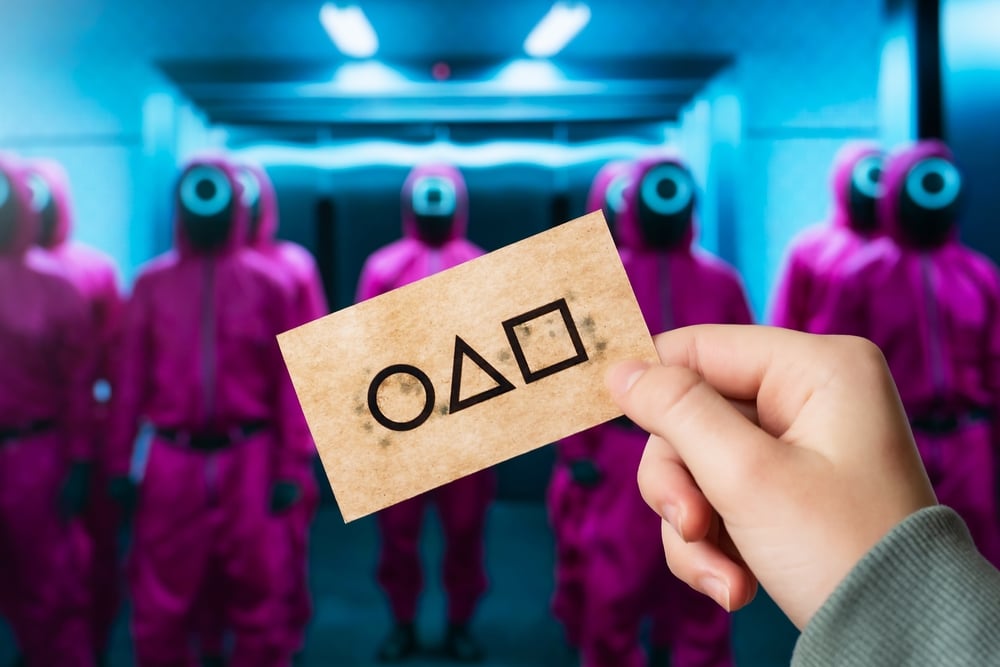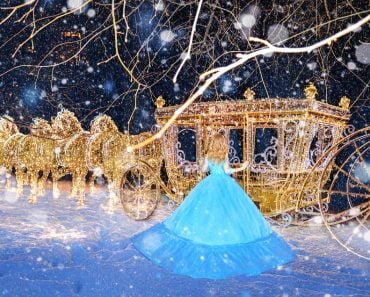Table of Contents (click to expand)
Fan fiction existed long before the internet made the practice wildly popular. Writing fan fiction allows fans to exercise their imagination by transforming a “world” they already love, meet and collaborate with other fans, and develop an emotional connection with the fiction they read.
Potterheads around the world will tell you how desperately they want an owl to land on their doorstep and give them the invitation to attend Hogwarts. As a Potterhead myself, I’ve had countless fantasies about being a part of that magical realm.
People love to dive deeper into their favorite book series or TV shows. They go so far as to make up their own stories so they can continue living in that world. Why do we have this fascination to continue adding to those fictional worlds?

Arm yourselves with magic wands (and a pen) and let’s dive into the world of fan fiction.
Recommended Video for you:
Origin Of Fan Fiction
As a child, do you remember when you pretended to be your favorite superhero and ran around the house annoying your parents? Or have you ever played with a doctor’s set, pretending to save your dad’s life?
This form of pretend play is very common among children and is a significant part of child development. It requires complex cognitive skills and imagination. Pretend play allows a child to engage in an otherwise impossible situation in a very safe environment.
When we grow up, we continue to take part in similar play scenarios. We simply call it daydreaming. We imagine what our lives would be like if we became a doctor or if we had loads of money to buy whatever we want. Dr. Jennifer L. Barnes from the University of Oklahoma argues that fan fiction is no different. Wondering what would happen if Sirius from the Harry Potter franchise never died, or if you could win Squid Game, is a form of pretend play or daydreaming.

Dr. Barnes states in her paper that, “[…] fan fiction is a way of imaginatively engaging with fictional stories that extend beyond the consumption of the source material.” It allows you to daydream about your favorite characters, while also pretending to actively take part in the story.
As mentioned earlier, fan fiction is much older than the internet. Our ancestor’s stories could actually be considered a form of fan fiction, especially when people tend to add their own flair to the stories. For instance, stories of King Arthur compiled by Sir Thomas Mallory could be considered fan fiction too, but the internet is what truly made fan fiction the global phenomenon it is today.
According to literature on the subject, Star Trek was one of ‘the originals’ that led to modern-day fan fiction. Before the internet, people would go to conventions to share their love of the series and talk to like-minded individuals—like joining a sports or book club.

The internet allowed this once underground activity to surface into the mainstream. Sites like fanfiction.net (started in 1998) and Wattpad (started in 2006) revolutionized the world of fan fiction. Like-minded individuals can now easily share their love for their favorite characters.
Reasons Why People Like To Read And Write Modern-day Fan Fiction
Research into the psychology behind fan fiction is a fascinating field, but it’s still new and vastly unexplored. This is because fan fiction comes with a stigma, often ridiculed as “unserious” or “unoriginal”, a mindset that bleeds into researching these works, which is a shame. Exploring why and how groups write fan fiction could tell us a lot about the cognitive skills of these groups of people.
Nevertheless, several brave researchers have attempted to investigate the world of fan fiction and have deduced a few key reasons why people might enjoy taking part in this experience.
Story Experimentation
Having a way to go beyond the book to explore and challenge the storyline is the heart of fan fiction. A paper published in Comparative literature and culture says fan fiction is transformative, as it allows people to reshape the original story and the characters within it.
Social Involvement
Unlike other types of literature, fan fiction is heavily based on social interaction. Fandoms write their fiction, which is not only derived from the original stories, but also from ‘meta-text’. Meta-texts are writings based on forum discussions about the original text.
A huge part of fan fiction is the continuous interaction among fans. Not only does this allow the fans to share their imaginations, but it also lets them learn the art of writing through real-time feedback.

Filling A Gap
A crucial part of fan fiction writing is the heavy emphasis on the characters more than the story. You will find several fan fiction examples about the dark history of Draco Malfoy, and an explanation of why he is the way he is. This type of fiction allows fans to fill what they perceive as gaps in their beloved books.
Emotional Investment
The previous point about fan fiction centralizing the characters over the plot is further demonstrated when you look at the popular ‘tag’ system in fan fiction. Stories on fan fiction websites are filtered based on tags, such as “hurt”, “comfort”, “angst”, “fluff”, and so on.
This is different from your average genre.
These types of literature describe emotions that go far deeper than the original texts. Oftentimes, the purpose of the writing is to expand the emotional connection to a character, rather than the progression of the plot.
Dr. Barnes explains this beautifully by giving an example.
“Romeo and Juliet is a tragedy because the characters come to a tragic ending, but angst fan fiction often does not build toward tragedy—it revels in it.”
This highlights the para-social relationship that fans have with their characters. Everyone experiences some form of para-social interaction in their lives. Basically, it means having a one-sided emotional investment in someone who has no idea you exist.
Having a poster of your favorite celebrity in your bedroom and having a vested interest in their life would be classified as such a relationship. Many people partake in such behaviors because it provides companionship. Fan fiction writers are much the same, as it provides them with an outlet to explore their emotional attachments to the characters.

Challenge The Mainstream Media
Lastly, fans can challenge mainstream ideologies and discrimination in their writings. The art of gender-bending (changing the gender of a character) is a perfect example. It not only defies the author directly by pointing out the flaws in their stories, but also highlights representation of a marginalized population in stories we all love.
Conclusion
The internet has popularized the world of fan fiction and has allowed people from all across the globe to share their love for stories on a single platform. No matter what your thoughts are about fan fiction, analyzing the science behind fan fiction will tell us a lot about who we are. The question of whether fan fiction deserves a bad reputation is up to you. It is dictated by what you think and feel about the stories you love. Therefore, your idea of what the profit should be from reading/writing fan fiction is also dependent on you.
As Dumbledore would say…
“Words are, in my not so humble opinion, our most inexhaustible source of magic, capable of both influencing injury, and remedying it.”
–Harry Potter and the Deathly Hallows (J.K. Rowling)
References (click to expand)
- Barnes, J. L. (2015, February). Fanfiction as imaginary play: What fan-written stories can tell us about the cognitive science of fiction. Poetics. Elsevier BV.
- J Egido Lorente. Appreciation or abomination? A study of fanfiction as literature. The University of Barcelona
- (2011) The Writing and Reading of Fan Fiction and Transformation .... Purdue University
- Jenkins, H. (2012). Textual Poachers. []. Routledge.
- Parasocial Relationships: The Nature of Celebrity Fascinations. findapsychologist.org












